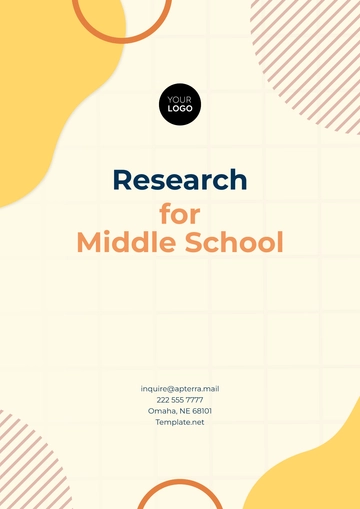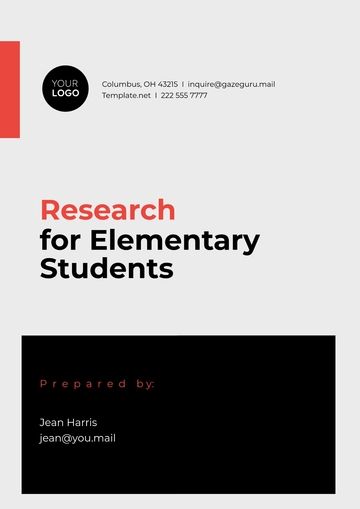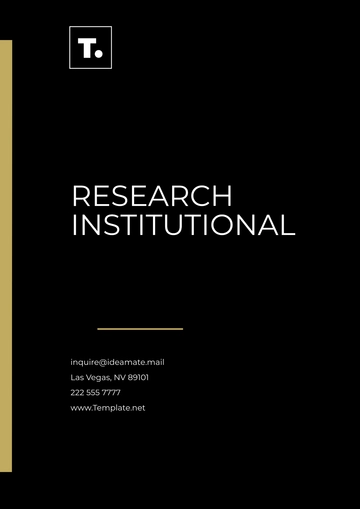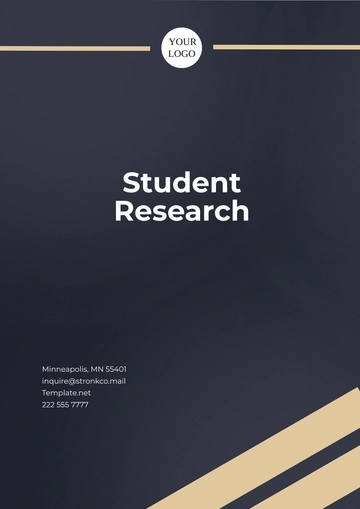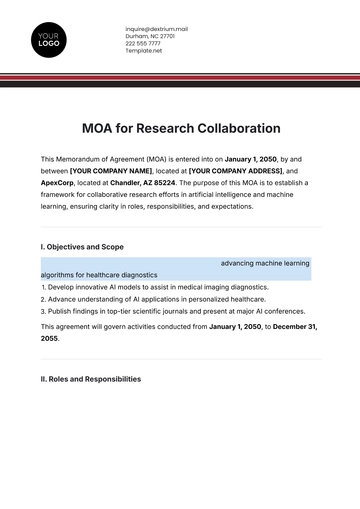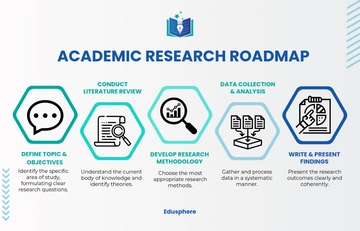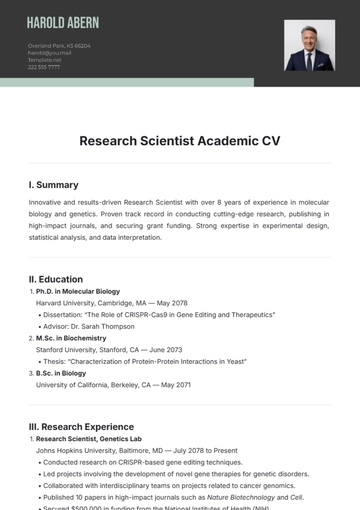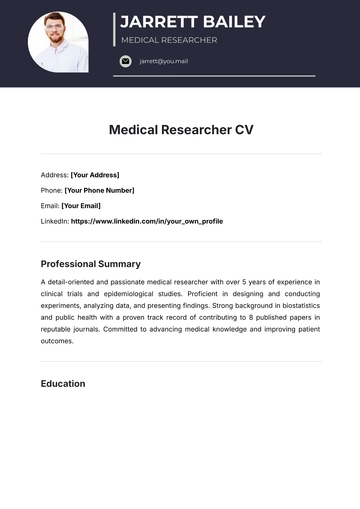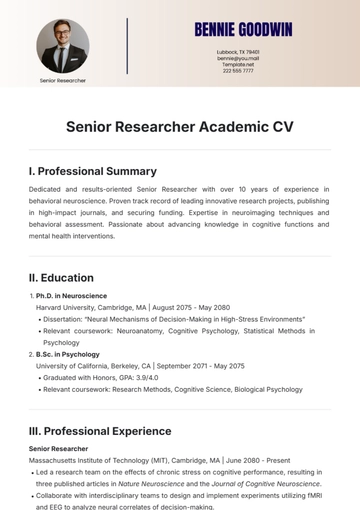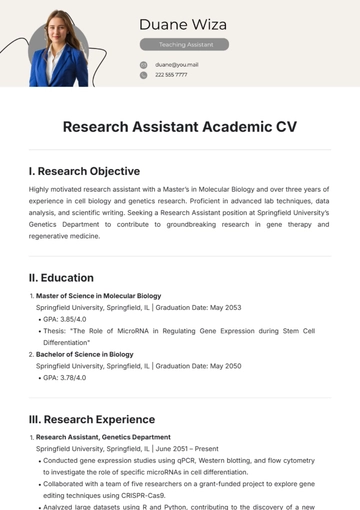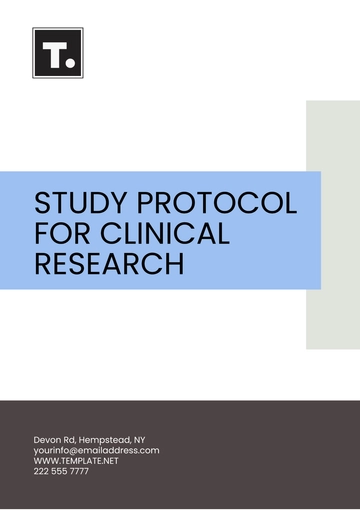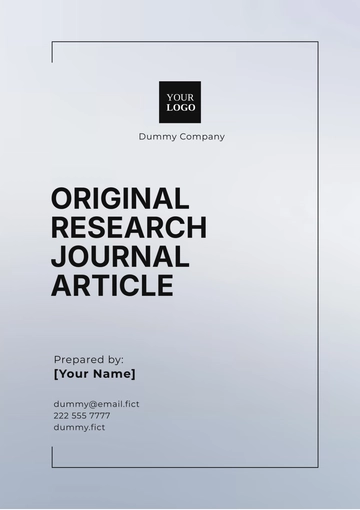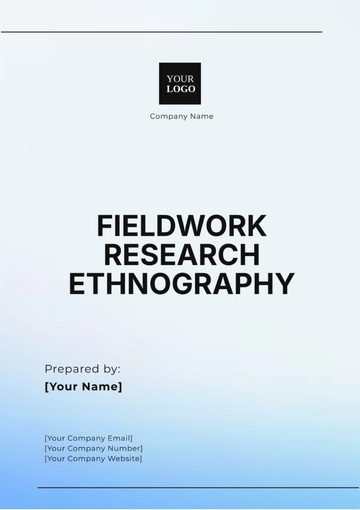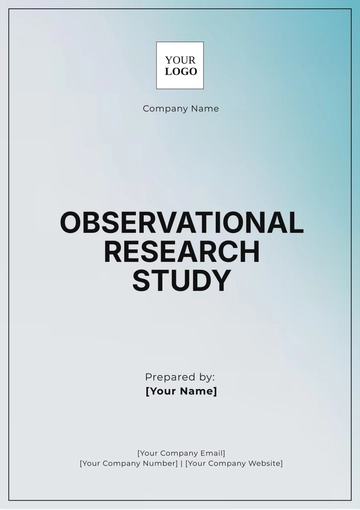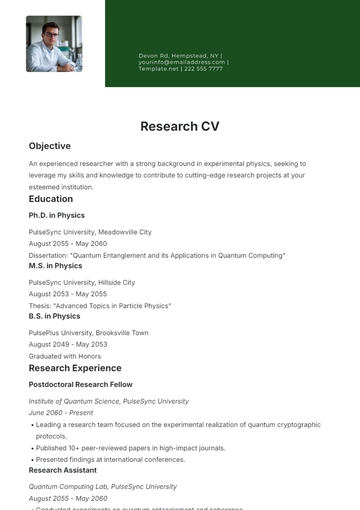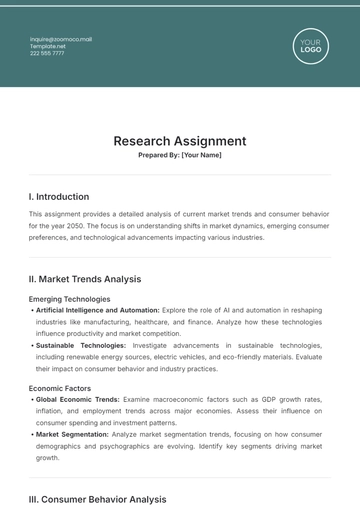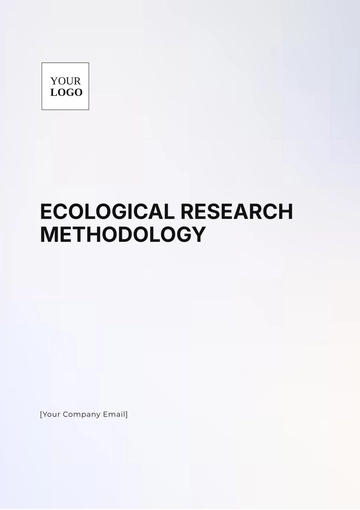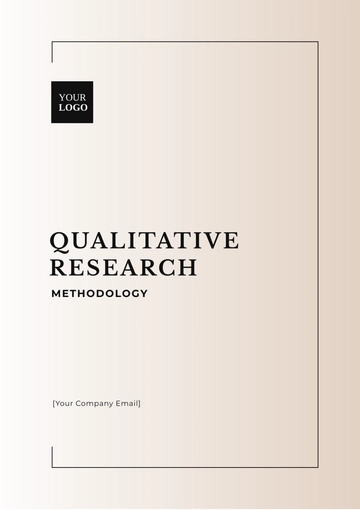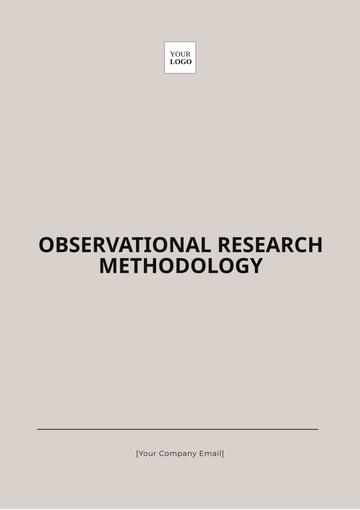Free Senior Researcher Academic CV

I. Professional Summary
Dedicated and results-oriented Senior Researcher with over 10 years of experience in behavioral neuroscience. Proven track record of leading innovative research projects, publishing in high-impact journals, and securing funding. Expertise in neuroimaging techniques and behavioral assessment. Passionate about advancing knowledge in cognitive functions and mental health interventions.
II. Education
Ph.D. in Neuroscience
Harvard University, Cambridge, MA | August 2075 - May 2080Dissertation: “Neural Mechanisms of Decision-Making in High-Stress Environments”
Relevant coursework: Neuroanatomy, Cognitive Psychology, Statistical Methods in Psychology
B.Sc. in Psychology
University of California, Berkeley, CA | September 2071 - May 2075Graduated with Honors, GPA: 3.9/4.0
Relevant coursework: Research Methods, Cognitive Science, Biological Psychology
III. Professional Experience
Senior Researcher
Massachusetts Institute of Technology (MIT), Cambridge, MA | June 2080 - Present
Led a research team on the effects of chronic stress on cognitive performance, resulting in three published articles in Nature Neuroscience and the Journal of Cognitive Neuroscience.
Collaborate with interdisciplinary teams to design and implement experiments utilizing fMRI and EEG to analyze neural correlates of decision-making.
Mentor and supervise 5 graduate students and 2 junior researchers, fostering a collaborative research environment.
Successfully secured funding from the National Institutes of Health (NIH) totaling $500,000 for a multi-year study on stress management techniques.
IV. Research Scientist
Stanford University, Stanford, CA | June 2078 - May 2080
Conducted research on neuroplasticity in response to cognitive therapy, leading to the publication of findings in the Journal of Neurotherapy.
Developed and validated a new behavioral assessment tool for measuring stress responses in clinical populations.
Presented research findings at the Society for Neuroscience Annual Meeting in 2079 and 2080.
V. Skills
Research Methodologies: fMRI, EEG, behavioral assessments, statistical analysis
Data Analysis: SPSS, R, MATLAB
Communication: Strong written and verbal skills for presentations and publications
Project Management: Experience leading multi-disciplinary research teams and managing project timelines
VI. Grants and Funding
“Exploring Stress Management Techniques,” National Institutes of Health (NIH), 2082 - $500,000.
“Neuroimaging Studies of Cognitive Functioning,” National Science Foundation (NSF), 2081 - $300,000.
“The Effects of Chronic Stress on Decision-Making,” MIT Research Fund, 2080 - $150,000.
VII. Professional Affiliations
Member, Society for Neuroscience, 2076 - Present
Member, American Psychological Association, 2077 - Present
VIII. Conferences and Presentations
“Neural Mechanisms of Stress and Decision-Making,” Society for Neuroscience Annual Meeting, Chicago, IL, October 2083.
“Validating Behavioral Assessments in Clinical Populations,” International Neuropsychological Society Conference, Toronto, Canada, March 2082.
IX. Publications
Thompson, E., & Smith, J. “Neural Mechanisms of Decision-Making in High-Stress Environments,” Nature Neuroscience, vol. 20, no. 5, pp. 123-135, 2083.
Thompson, E., et al. “Behavioral Assessments of Stress Responses: Validation and Clinical Implications,” Journal of Neurotherapy, vol. 15, no. 3, pp. 45-56, 2082.
Thompson, E., & Brown, A. “The Role of Neuroplasticity in Cognitive Therapy,” Journal of Cognitive Neuroscience, vol. 29, no. 8, pp. 1234-1245, 2084.
- 100% Customizable, free editor
- Access 1 Million+ Templates, photo’s & graphics
- Download or share as a template
- Click and replace photos, graphics, text, backgrounds
- Resize, crop, AI write & more
- Access advanced editor
Showcase your advanced research achievements with this customizable and editable Senior Researcher CV Template from Template.net. Fully editable in our Ai Editor Tool, it’s perfect for highlighting your research contributions, publications, and academic experience in a clear, professional format.




